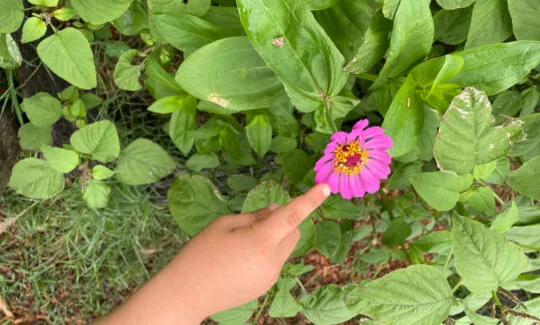The 5 Biggest Changes Starting “Big School”
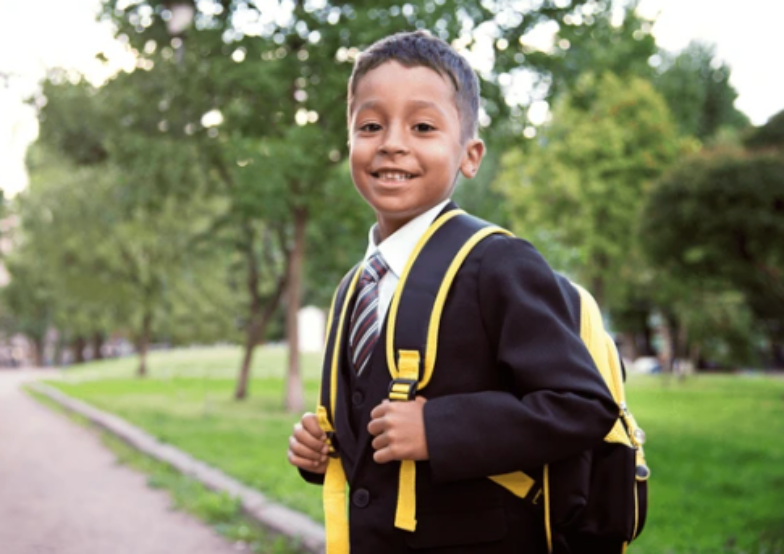
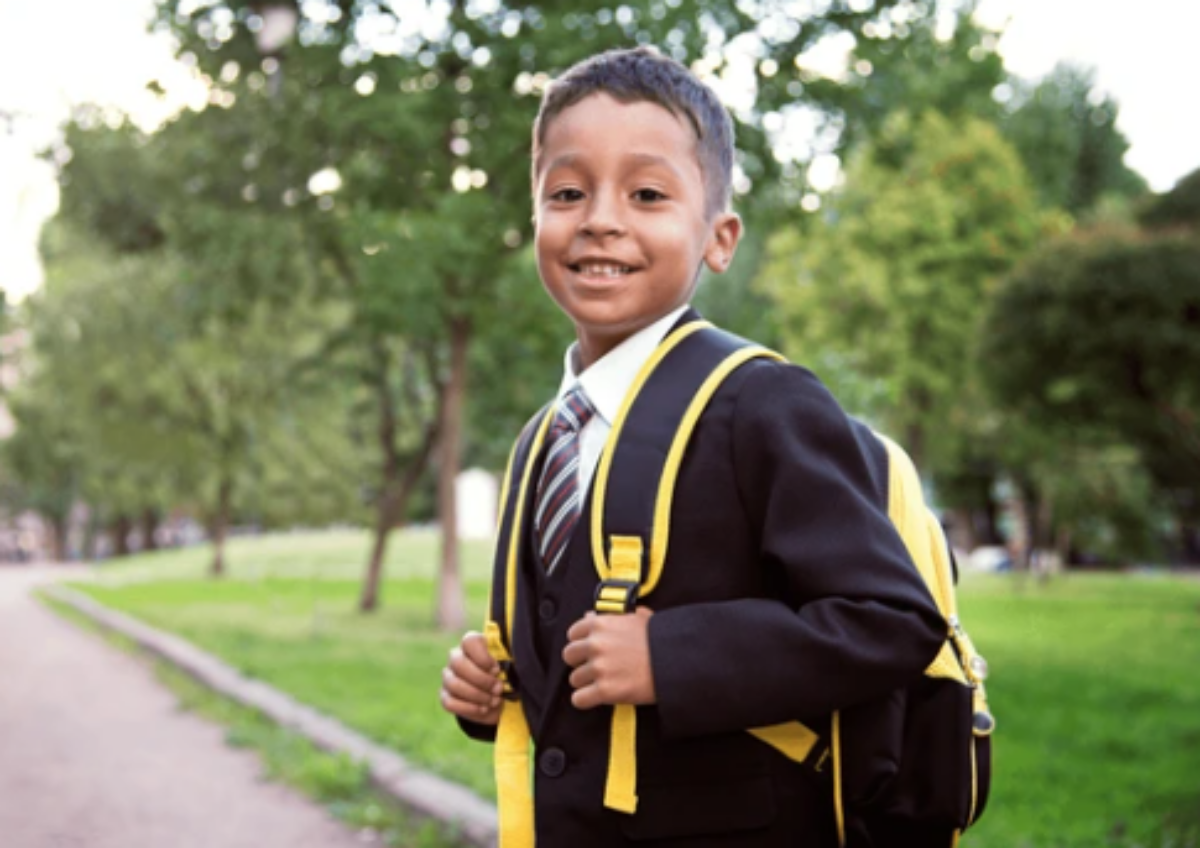
Written by Emily Channell, Assistant Principal – OLPS, West Pymble
1.School hours
Unlike many long day care settings, the school day has a specific start and end time – which are often much shorter than long day care hours! This requires forward planning to arrange drop offs and pick ups by certain times or organising with before and after school care to have your child looked after outside of these hours. School holidays are also usually a big adjustment for families new to starting “big school”.
Top tip – Develop a drop off/pick up plan for your family. Is this something that will fit into your current routine? Will you need to make tweaks to what work arrangements need to look like to cater to these pick up times? If you are looking for enrolment at before and after school care settings, have your plan in place at Kindergarten transition days as this is usually arranged during this period.
2. Routine
Schools have many different routines for you to be aware of – different days for different uniforms, library day, homework due dates, special events/carnivals, music/art/sport lessons etc. It is important to assist your child in recognising the school routine and what happens each day to give them the knowledge to support them at school.
Top tip – Get a family calendar or a planner that you can use to keep track of the regular routine. Keep on top of reading the school newsletters or communication to ensure that you are aware of any last minute changes to the routine. This will help your child become confident in what is expected of them each day and will make them more responsible for their own school life in the long run
3. Contact with teachers
Parent and teacher contact looks very different at primary school from prior to school settings. Your child will likely have one teacher within their classroom each day and anywhere between 16 and 30 students in the class. They are also responsible for before and after school duties and most meetings happen before or after school.
Top tip – Teachers are always happy to meet with you to discuss any concerns or answer any questions, but it is always good to ascertain the best way to contact your child’s teacher. A quick email to arrange a face to face meeting or phone call will go a long way in ensuring the teacher is able to give you the dedicated time for a discussion.
4. Independence
Students will become more independent in their first few weeks of primary school as they begin to learn new routines and skills that help them through their school day.
Top tip – You can assist your child with practicing skills of independence before they begin school. Can they open and close their new (often stiff!) lunchbox on their own? Can they access a toilet cubicle, navigating locks etc by themselves? Are they able to ask for assistance from an adult if they need it? Can they undo and do up the zips on their school bag independently? Can they recognise their name when written down?
5.Big fish to small fish
Your child will go from being the ‘big fish’ at their prior to school setting to being the ‘small fish’ in their new school. This can be a daunting experience for some students and some students thrive with all the new things that they get to learn.
Top tip – Talk to your child about their feelings. Support them if they are finding it challenging and celebrate their successes when they are feeling confident! Focus on the positives at home through questions such as – “What went well for you today?” or “What was something you really enjoyed doing today?”.
If you have any questions about school readiness, please speak with your Campus Director, Educators or contact our Enrolments Team on 138 622.
You can find more information about school readiness and Only About Children’s Preschool/Kindergarten programs here:
Session 1 – Grow With Us – School Readiness – An Introduction
Session 2 – Grow With Us – School Readiness – Supporting the Journey
Session 3 – Grow With Us – School Readiness – Is My Child Ready For School?
The following NSW and VIC Government websites also have some useful information on school readiness:
Getting ready for primary school (nsw.gov.au)
Tips for starting school | Victorian Government (www.vic.gov.au)
Read more from Assistant Principal, Emily Channell –
Only About Children can help your child to grow, make friends and explore the world.
Only About Children can help your child to grow, make friends and explore the world.
Related Reads
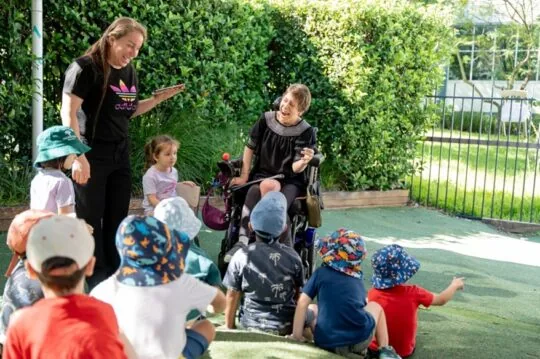
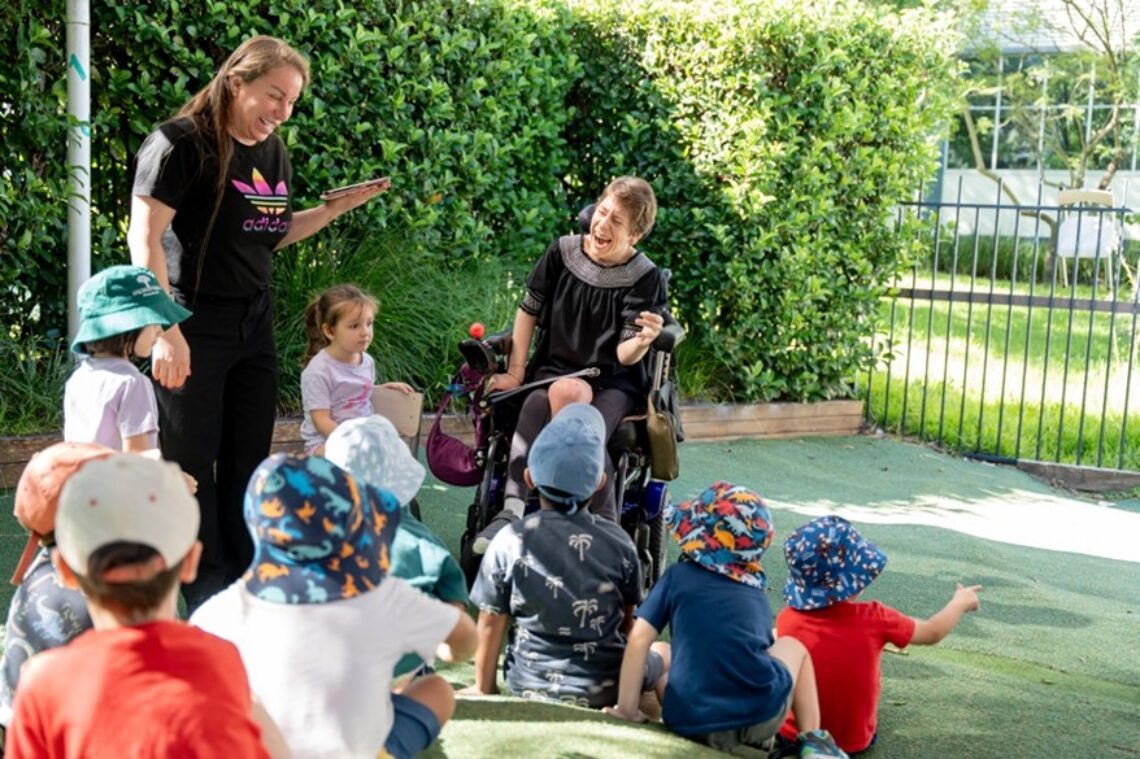
Bec Celebrates 10 Years Working In Her Dream Job At OAC Concord
Rebecca Donatiello (Bec) celebrates 10 years working and learning at Only About Children Concord.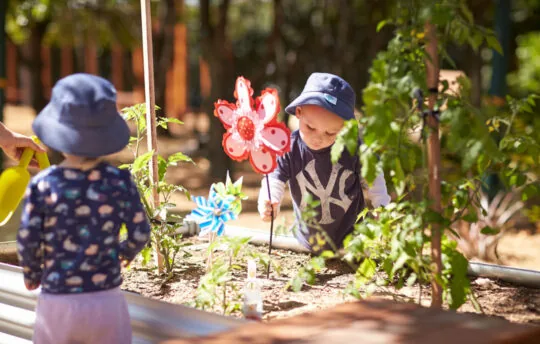

Choosing The Right Preschool/Kindergarten For Your Child
Choosing the right Preschool/Kindergarten for you child can be a daunting task. When exploring the ideal preschool choices for your child, there is no need to navigate blindly. Simply by asking the right questions, you can find the perfect match.